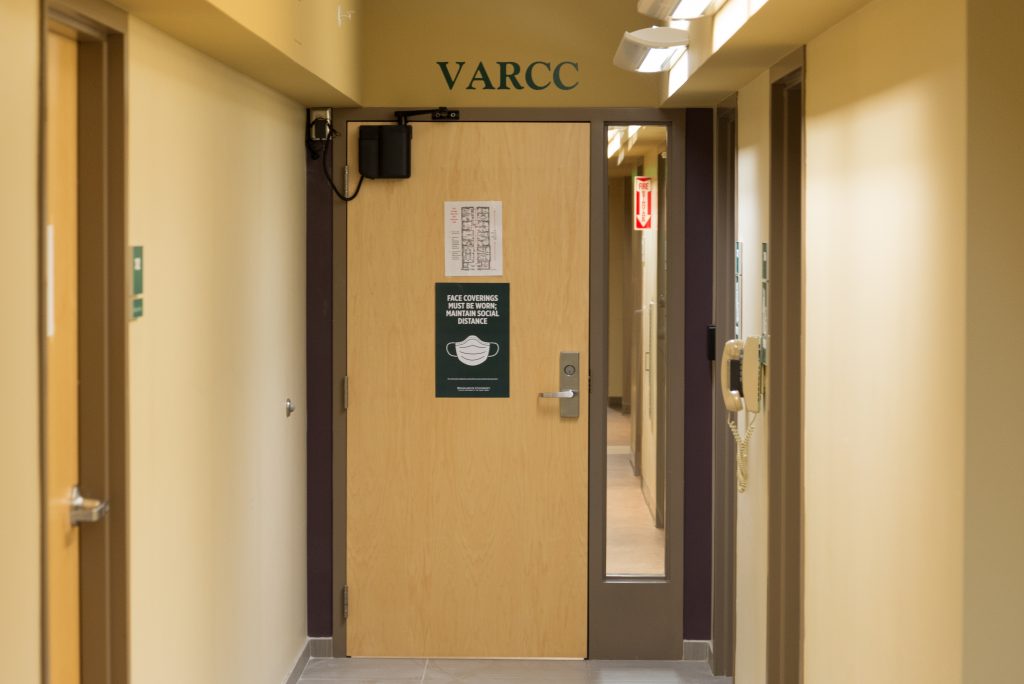New legislation will redefine rape statutes in the state of New York, thus providing further recognition and justice for survivors of sexual assault under the law.
On April 27, 2021, Speaker Carl Heastie and Assembly Member Catalina Cruz announced that the New York State Assembly will be passing new legislation — Bill No. A06319. According to the New York State Assembly, the bill will “remove the penetration requirement from the rape statutes as well as … define rape as sexual intercourse, oral sexual conduct or anal sexual conduct.” The bill will make conforming changes throughout various areas of law, including the penal law and the criminal procedure law, with the aim of ensuring proper retribution of the crime.
Currently, oral and anal sexual conduct are considered “criminal sex acts” under the law and are not recognized as rape. The passage of this bill will change this.
The bill comes as a response to the mistrial of a rape charge against a former New York City police officer who forcibly sodomized a Bronx school teacher. The officer was not convicted of rape despite the evidence of nonconsensual sexual conduct. “Common sense dictates that what happened to the victim in this case is rape,” was written in the A06319 summary.
In a press release, Heastie explained that the bill will give survivors the opportunity for appropriate justice in recognition of their trauma.
“Rape is a heinous crime for which survivors deserve justice and perpetrators must be held accountable,” Heastie said. “This legislation ensures that the law recognizes the magnitude of these crimes and helps deliver survivors the real justice that they are owed.”
Cruz continued to advocate for the passage of the bill, stating that she was thrilled to see all forms of trauma being recognized under the law.
“Seeking justice for the crime of rape is a painful experience that forces survivors to relive their trauma,” Cruz said. “I am proud to carry this legislation because these brave individuals deserve to know that our justice system recognizes their trauma and will hold their perpetrators accountable to the fullest extent of the law.”
Haley Murphy, ‘14 and the Binghamton University campus coordinator at Crime Victims Assistance Center (CVAC), agreed on the positive impact judicial support can have on validating survivors and their journey towards vindication.
“Expanding definitions and putting less focus on the specific acts of sexual violence that occur will help survivors who choose to come forward feel validated and will legally recognize that all sexual violence is a traumatic experience and should be adjudicated as such,” Murphy wrote in an email. “I think there still will require a serious examination into how the legal system treats rape victims, and society plays a big piece in that as well.”
However, Murphy explained that while the new bill allows for the legal pursuit of accountability, not all survivors will feel comfortable in that pursuit.
“Because this legislation has to do with penal code terminology, it will primarily affect [BU] survivors who choose to report their crimes to law enforcement, participate in an investigation and are involved with the prosecution of their crime,” Murphy wrote. “This is still a particularly big ask for all victims since navigating the criminal justice process is a traumatic experience on its own, especially for those who have experienced such heinous, personal and painful acts.”
According to Amanda Reynolds, a junior majoring in nursing, although the bill recognizes survivors and the justification of punishment, it does not do enough to recognize the emotional repercussions of pursuing a charge against such painful crimes.
“I’m hoping we can build on this legislation further,” Reynolds wrote in an email. “More often than not, cases are being dismissed and perpetrators are not getting the proper repercussions for their crimes because survivors are unwilling to file initial reports. Many are deterred by the time it takes to even start an investigation and the emotional toll it takes to come forward. I hope we can create a safe environment and means for survivors to take that first step in finding the closure they seek.”
Athina Glumicic, an undeclared sophomore, believes the bill should have passed a long time ago, and its passing invites more change to be done.
“Too many survivors have been let down by the law, and it’s important that even after the [passage] of this bill, we continue to focus our efforts on adjusting the system to be more flexible and accommodating for every survivor’s respective needs,” Glumicic wrote in an email.



